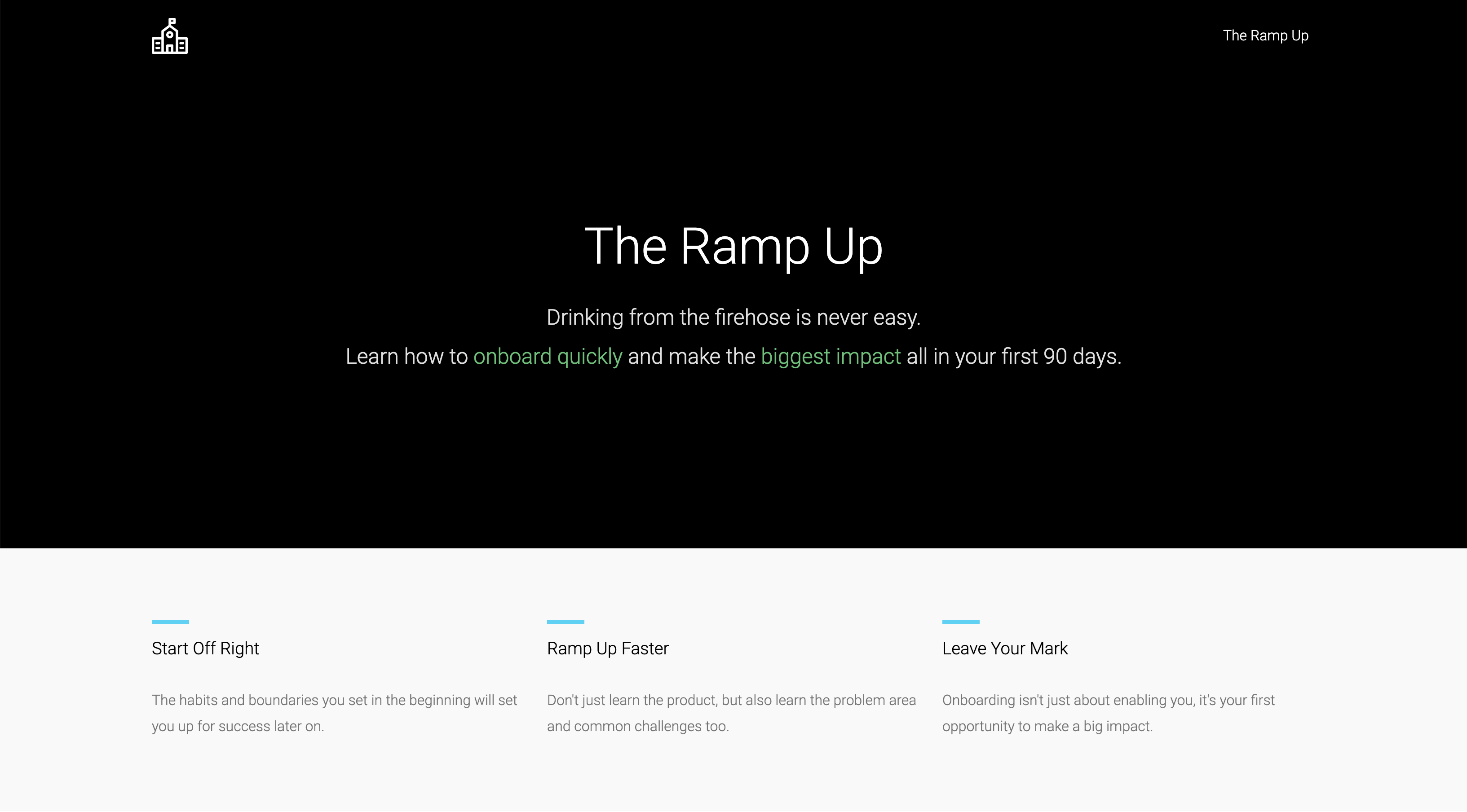Sales Engineer vs Solutions Engineer
If you are new to the world of pre-sales you may have heard of these two roles before, but might be wondering what the difference between them actually is. Hell, even if you’ve been in the pre-sales world for a long time you might not know the difference either! While we go by many names, the devil as they say, is in the details.
What is a Sales Engineer?
A Sales Engineer, or SE for short, is a member of the sales team who works alongside an Account Executive to sell products or services as offered by the company they work for. Together the sales team plays to their different strengths taking turns leading different portions of the sales cycle. Most commonly, the SE will be responsible for discovery calls, performing demos, running proof of concepts (POC), and ensuring that all technical concerns are addressed.
The core strengths of the SE lie in building relationships with stakeholders, being considered the technical expert, and leveraging their soft skills to connect with individuals on a personal level. The wide ranging responsibilities of an SE are often one of the most challenging and best parts of the job ensuring that no two days are ever the same.
What is a Solutions Engineer?
A Solutions Engineer, or SE for short, is a member of the sales team who works alongside an Account Executive to sell products or services as offered by the company they work for. Their responsibilities can range from delivering demos only to the full range of technical activities throughout the lifecycle of a sales process. While the focus of their role is technical in nature, there is also an emphasis on the business side of the role too. The core strengths of the SE lie in building relationships with stakeholders, being considered the technical expert, and leveraging their soft skills to connect with individuals on a personal level.
Are you noticing a pattern here?
So What’s The Actual Difference?
Well now we’ve arrived at the problem. The titles may be different but the day to day certainly sounds similar. The truth is, the world of pre-sales is a little bit of a mess when it comes to titles. We look and function the same, but go by a variety of names (don’t worry it confuses us too). In addition to Sales Engineer and Solutions Engineer, there is also:
- Solutions Architect
- Solutions Consultant
- Solutions Specialist
- Pre-Sales Specialist
- Technical Sales Engineer
- Systems Engineer
- Product Evangelist
- Pre-Sales Engineer
- Value Consultant
- Enterprise Architect
- Field Engineer
- Security Consultant
- Field CTO
Yeah our head is spinning too. At the end of the day, it’s not the title that defines us, but the responsibilities and expectations of the role itself (which of course will vary wildly from company to company). So let’s reframe the question; instead of asking, “What is the difference between title X and title Y”, what we really want to know is, “What are the responsibilities of the role?”.
Responsibilities, Not Title
If you’ve ever read the job description for a pre-sales role you might wonder why it doesn’t come with a secret decoder ring. They are often super jam packed with responsibilities, expectations, and everything short of you being able to perform magic. Before you jump into any pre-sales role, or even get on the phone with the hiring manager, make sure you make a list of questions to ask to help you understand exactly what is being asked of you. Then make sure that your understanding is also inline with what the hiring manager is looking for.
Tip: Depending on the industry and maturity of the company, it is often common for a pre-sales role to also have some post-sales responsibilities. This hybrid model is yet another variation, but still defined with a pre-sales title.
Part of the reason that pres-ales job descriptions are such a mess is because companies often grow so quickly they aren’t sure exactly what role they are trying to hire for so they crush it all into one role. A dumb practice to be sure, but it falls on us to ask the right questions and qualify exactly what they need.
Pre-Sales Is Changing
Regardless of your title, one thing is true across the board…the role of pre-sales is changing. Twenty years ago the term Sales Engineer dominated the market because the role itself was heavily technical. The Sales Engineer would come in to set up physical equipment that required specialty knowledge to operate. Fast forward to today however and that model is (mostly) gone. The majority of solutions are software based or delivered from the cloud. Many products have free trials where the customer can experiment with them before they even talk to someone in sales.
Sure, technical skills still play a role in the world of pre-sales, but the shift towards business acumen for the role has grown tremendously. The technical win, while still important, has become secondary to ensuring that your solution maps to key business initiatives. This shift is partly why the rise of the terms “solution” and “consultant” have risen in popularity for the role. It still remains to be seen if the title of “Solutions Consultant” will solve the title problem in the field, but until there is a clear answer we will continue to ask all the questions of what’s expected of us.
Ready to Make an Impact?
Scout is all about helping people get hired into a pre-sales role, but what happens once you get there? Don't worry, we got you covered there too! Learn how to make the biggest impact within your first 90 days in what we so eloquently call, "The Ramp Up".
